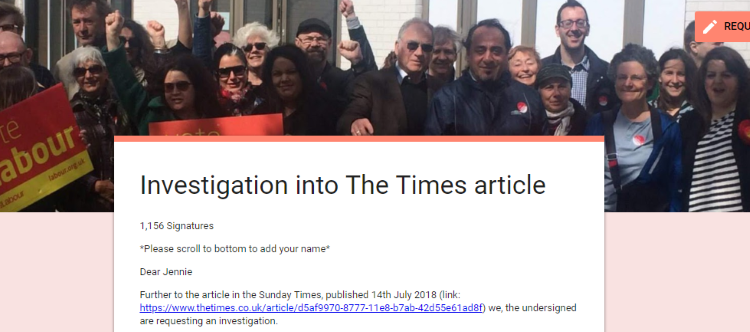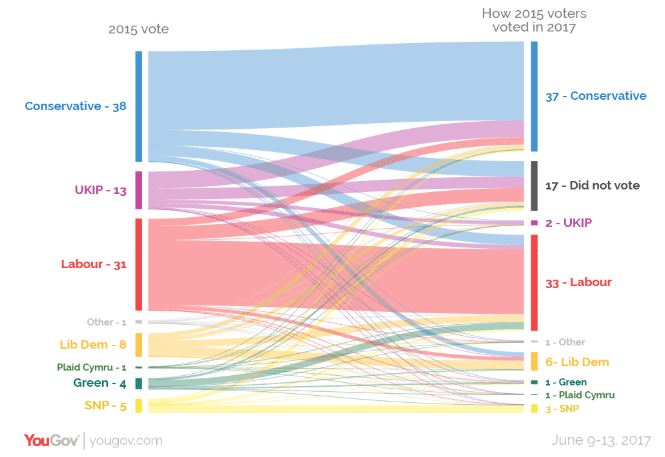Over the weekend, John McDonnell promised that Income Tax would not rise for most of the country but that a higher rate would be levied on those earning more than £80,000. Tax reform can be pretty technical; and so one needs to look at one or two things without losing sight of the idea that the richer should pay their share. Each tax payer has a personal allowance of £11,500 i.e. the first £11,500 of earnings is not taxed; this is clawed back if one’s income is £100,00 or more by levying a 60% marginal rate on those earning between £100,000 and £121,200. There is probably enough room for a new additional rate between the 40% levied at £42,000 and 60% levied at £100,000 and £80,000 p.a. is a lot of money; only 3% of income earners get that much. It will remain necessary to increase the amount paid by those earning more than £145,000 and redress the regressive nature of National Insurance, which negates much of the 20% band, converting it into a 32% tax burden. Labour’s promise is also that there will be no increase in employee NICs nor in VAT, although again that’s not enough … VAT has to come down from 20%. …

 …
…





